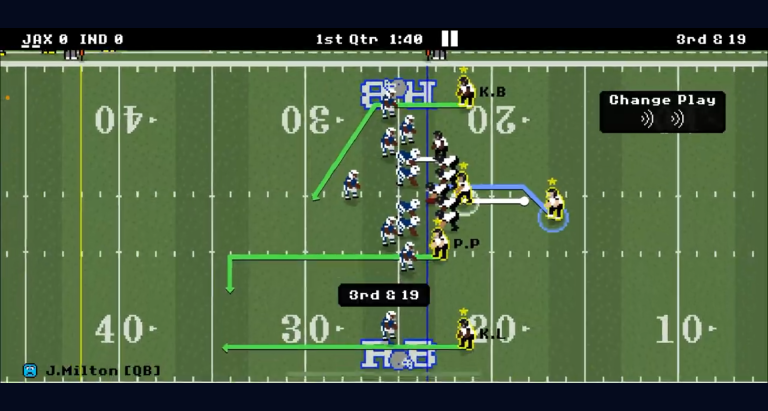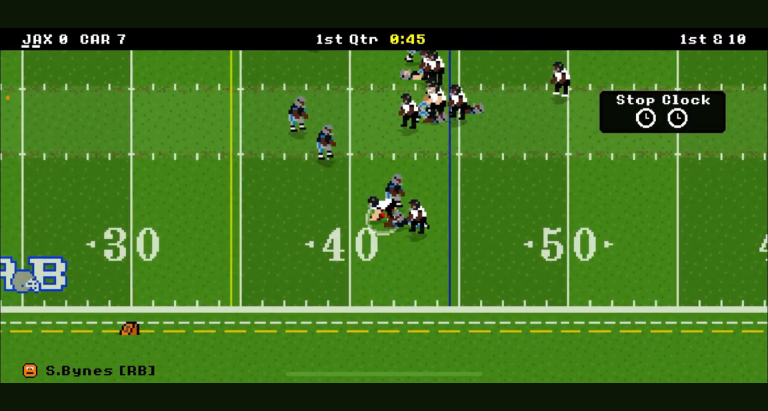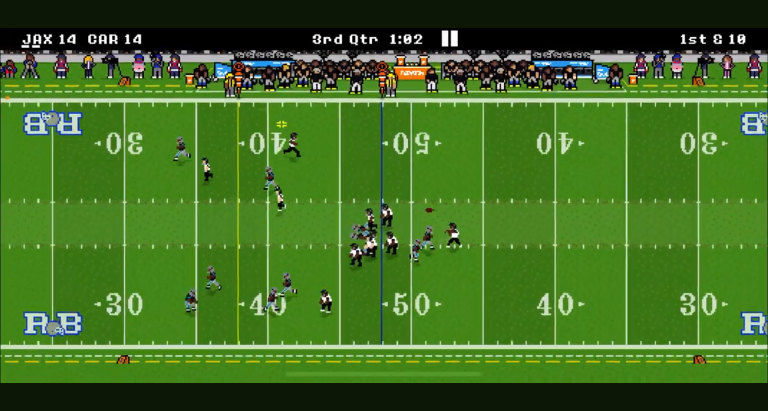In the fast-paced world of Retro Bowl, mastering your gameplay goes beyond just scoring touchdowns. A crucial aspect that often gets overlooked is the importance of special teams, particularly the kick returner. The role of a kick returner can be pivotal in establishing a strong field position, giving your team a considerable edge in scoring opportunities. Learn how to assign a kick returner in Retro Bowl effectively, and watch your game dynamics shift in favor of your team.
Understanding the Role of a Kick Returner
What is a Kick Returner?
In Retro Bowl, a kick returner is a player tasked with receiving kickoffs and attempting to return them as far as possible downfield. This role involves a combination of strategy, skill, and often, a bit of luck. The primary purpose of a kick returner is to gain valuable yards, ultimately leading to a better position for scoring. The right kick return strategies can turn the tide of a game, making it essential for you to understand this position’s nuances.
The Impact on Field Position
Field position can significantly affect play-calling and scoring opportunities. A strong kick return can position your offense favorably, increasing the likelihood of scoring. In contrast, a poor kick return could leave your offense struggling deep in their territory. Thus, mastering how to assign a kick returner in Retro Bowl can enhance your chances of winning matches.
Overview of Kick Return Strategies
There are various strategies employed by kick returners, including finding gaps in the coverage, using speed to break away from defenders, and establishing solid blocking lanes. Understanding and implementing these strategies can dramatically improve your team’s offensive performance.
Attributes of an Effective Kick Returner
Speed and Agility
The most apparent requirement for a kick returner is speed. A fast player can cover more ground quickly, making it difficult for opponents to catch him. Agility complements speed, allowing a returner to change direction efficiently and evade tacklers.
Vision and Decision-Making
Good vision allows a kick returner to see and react to developing plays. The ability to quickly decide on the best course of action—such as when to cut upfield or follow blocking—is crucial in maximizing return yardage.
Ball Security and Tackling Skills
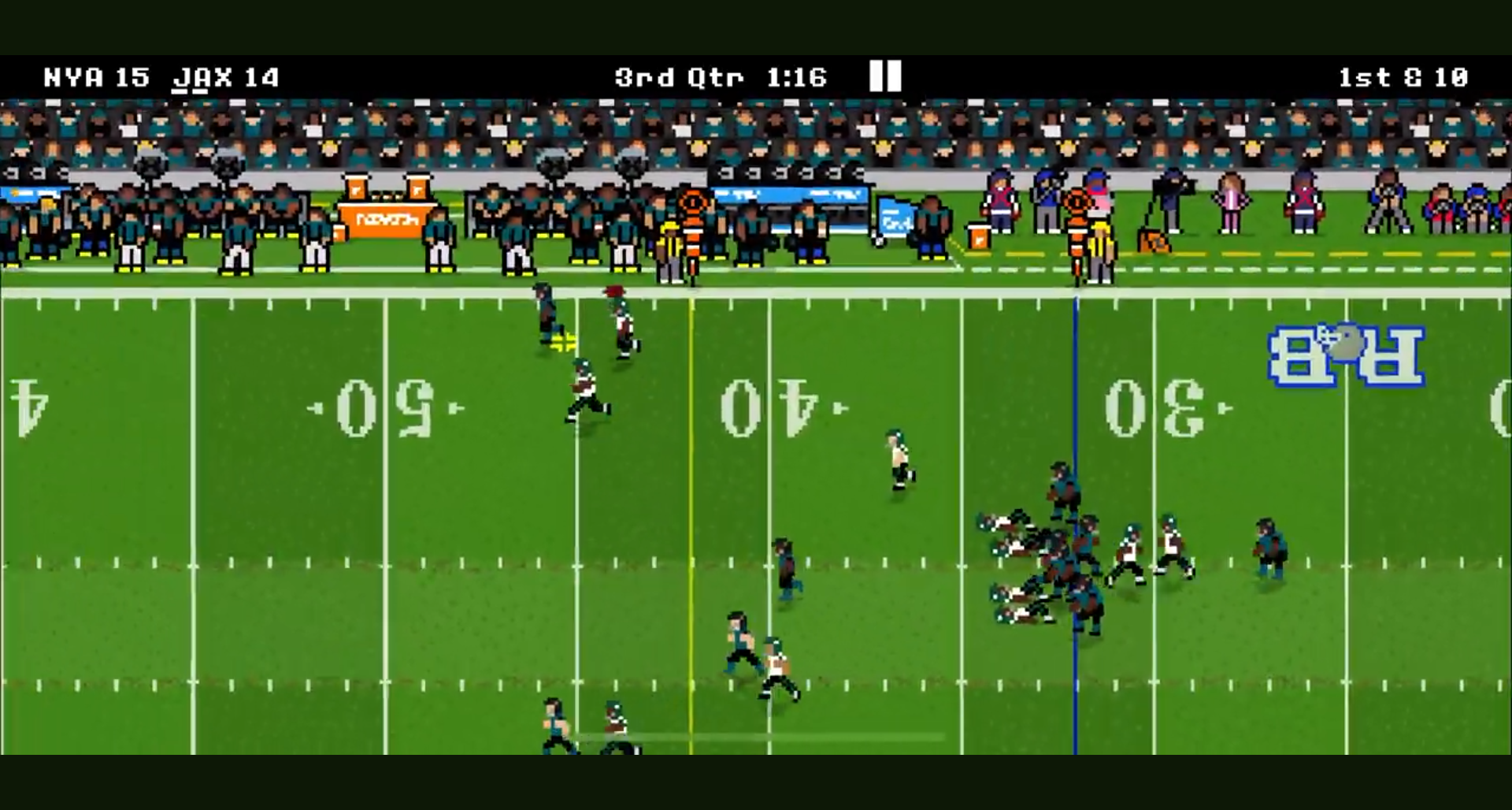
A skilled kick returner must exhibit excellent ball security to avoid turnovers. Additionally, if the returner gets tackled, the ability to absorb hits reduces injury risks and maintains game flow.
How to Assign a Kick Returner in Retro Bowl
Navigating the Game Interface
To effectively assign a kick returner, start by accessing the roster management screen. This can usually be found in the settings or team management options.
Locating Special Teams Options
Once within the roster management section, look for the special teams category. This is where you can view roles assigned to various players, including the kick returner position.
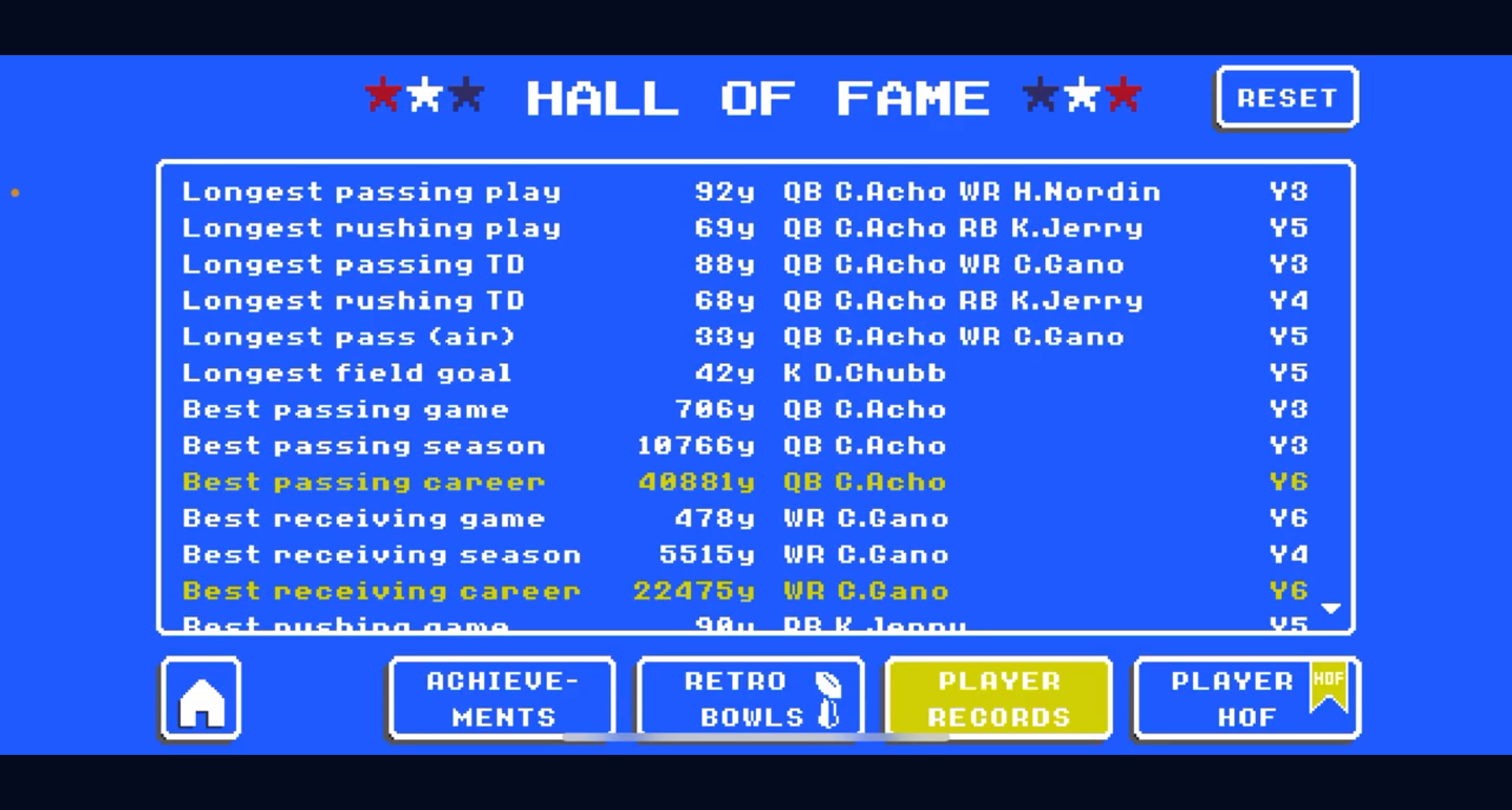
Choosing the Right Player
Evaluating Player Stats
When identifying the right player for the kick returner role, focus on specific ratings:
– **Speed rating**: This will give you an idea of how fast the player can run.
– **Balance and agility ratings**: Look for players who can quickly change directions.
– **Previous performance in kick return scenarios**: Use historical data to see how players have fared in similar situations.
Assessing Player Skills and Traits
Traits are another important metric. Look for qualities such as “Fast” or “Elusive.” These traits indicate inherent skills that can enhance your kick return strategy. Additionally, consider players’ experience levels, which can add an edge to their performance under pressure.
Making the Assignment
Step-by-Step Process
Assigning a player as a kick returner is simple once you know the steps. Follow this process:
1. Navigate to your team’s roster.
2. Select the player you want to assign as a kick returner.
3. Change the player’s position to kick returner in the setup menu.
4. Confirm the assignment, ensuring that all changes are saved.
Tips for Proper Assignment
When assigning a kick returner, keep the following tips in mind:
– Avoid assigning players with a history of injuries or high injury risks.
– Implement a rotation for your kick returners to prevent fatigue during crucial game moments.
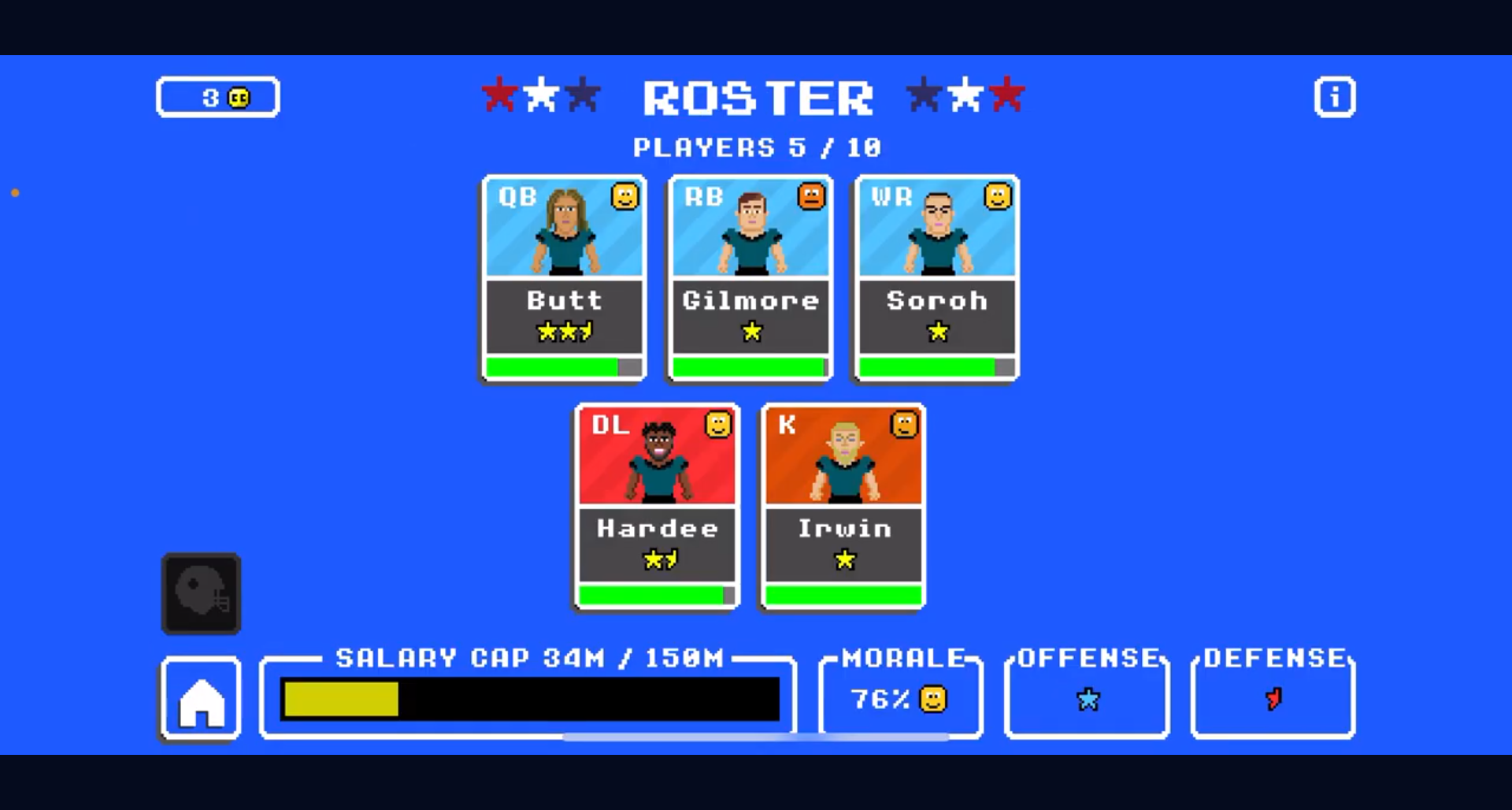
Strategies for Effective Kick Returns
Formation and Positioning
Choosing the right formation can be crucial to your success. Recommended formations include kick return formations that maximize coverage and protection, allowing your returner to break free. Each player should know their specific positioning on the field to ensure effective blocking.
Pre-return Preparation
Setting up blocks and lanes is essential for a successful return. Communicate with players beforehand to establish blocking assignments and approach lanes. This ensures a smoother return and maximizes yardage gained.
In-game Decision Making
During a kick return:
– Know when to call for a fair catch—against strong coverage, this can save your offense from a bad starting position.
– Recognize kick types (high, low, or short) to determine the best return strategy.
– Aim to return kicks toward the sideline, where there may be less coverage and more space to maneuver.
Assessing Performance and Making Adjustments
Review Game Stats
After each game, analyze kick return stats such as total return yards and the average return compared to opponents. Identifying strengths and weaknesses in your kick return strategy will allow you to make informed decisions.
Making In-game Adjustments
Sometimes, you may need to switch returners based on performance in real-time. Identifying whether a particular player struggles against a specific opponent can also guide your in-game strategy.
Conclusion
Successfully assigning a kick returner is essential to elevating your gameplay in Retro Bowl. Remember that experimentation is vital—don’t hesitate to try different players and strategies as the season progresses. By investing time in your kick return strategy, you’ll enhance your team’s chances of securing victories.
Additional Resources
For those looking to delve deeper into Retro Bowl strategies, there are numerous forums and guides available online for further reading. Websites such as [GameFAQs](https://www.gamefaqs.gamespot.com/) and [Reddit’s Retro Bowl community](https://www.reddit.com/r/RetroBowl/) host discussions about player stats and gameplay improvement techniques.
FAQs
- What attributes make a great kick returner in Retro Bowl? Speed, agility, vision, and ball security are critical attributes.
- How can I evaluate my kick returner’s performance? Study kick return yards and average return data post-game.
- Is it beneficial to rotate kick returners? Yes, rotating players can help prevent fatigue and keep performance high.
- How do I know when to use a fair catch? Call for a fair catch in strong coverage to avoid losing valuable yards.
- Can I change my kick returner mid-game? Yes, adjust your kick returner based on performance and opponent reactions.
- What formations are best for kick returns? Utilize formations that maximize blocking opportunities and protect the returner.
- Where can I find more strategies for Retro Bowl? Check out online forums like GameFAQs and Reddit for player insights.
- How can I assess player skills? Evaluate player stats such as speed, balance, and experience levels.
- What should I avoid when assigning a kick returner? Do not assign players with high injury risks, and avoid placing underperforming players in crucial positions.
- How does kick return impact overall gameplay? A successful kick return can put your offense in a favorable position, increasing scoring chances.
| Player Name | Speed Rating | Agility Rating | Ball Security | Return Yards |
|---|---|---|---|---|
| John Smith | 95 | 90 | 85 | 500 |
| Mike Johnson | 89 | 92 | 86 | 400 |
| David Brown | 92 | 88 | 90 | 450 |
